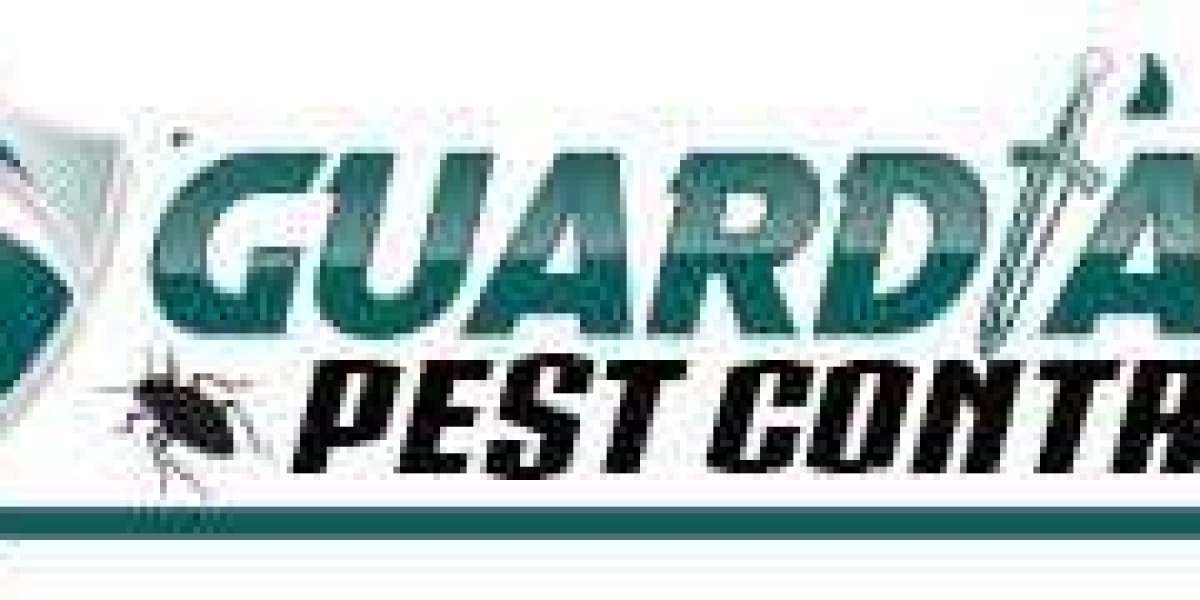The Importance of Pest Control
Pest infestations are more than just a nuisance; they can cause significant damage to property and pose severe health risks. Here’s why pest control is crucial:
Health Protection
Pests like mosquitoes, rodents, and cockroaches are carriers of harmful diseases. Mosquitoes transmit malaria and dengue, rodents spread leptospirosis, and cockroaches can trigger asthma and allergies. Effective pest control minimizes these risks.Property Preservation
Termites, carpenter ants, and rodents can cause structural damage to buildings. Left untreated, their activity can result in costly repairs. Pest control helps preserve the integrity of your property.Food Safety
Pests contaminate food supplies and kitchen surfaces, leading to foodborne illnesses. Regular pest management ensures hygiene in food preparation and storage areas.Peace of Mind
A pest-free environment allows you to live and work without constant worries about infestations, bites, or contamination.
Common Household Pests
Understanding the pests you may encounter is the first step toward effective control. Here are some of the most common pests:
Ants
Ants invade homes in search of food and water. They can contaminate food supplies and are difficult to eliminate due to their colony structure.Cockroaches
Known for their resilience, cockroaches thrive in dark, damp spaces. They carry bacteria and allergens that can compromise health.Rodents
Mice and rats can cause structural damage by gnawing on wires, insulation, and wood. They also spread diseases through their droppings.Termites
Termites feed on wood and cellulose materials, silently damaging furniture, walls, and foundations over time.Bed Bugs
Bed bugs are tiny pests that feed on human blood, causing itchy bites and discomfort. They are notoriously challenging to eradicate.Mosquitoes
These bloodsucking insects are not just annoying but also dangerous, transmitting diseases like malaria, dengue, and Zika virus.
Methods of Pest Control
Pest control involves a combination of preventive measures, treatments, and maintenance. Here are the primary methods used to manage infestations:
1. Preventive Measures
Prevention is the best defense against pests. Simple steps can significantly reduce the likelihood of infestations:
- Seal cracks and crevices in walls and foundations.
- Keep food stored in airtight containers.
- Maintain cleanliness by regularly sweeping and wiping down surfaces.
- Remove standing water, which can attract mosquitoes and other pests.
2. Chemical Treatments
Pesticides and insecticides are commonly used to eliminate pests. These solutions are effective but should be applied carefully to avoid harm to humans, pets, and the environment.
3. Biological Control
This eco-friendly approach uses natural predators or biological agents to control pest populations. For example, introducing ladybugs can help manage aphid infestations in gardens.
4. Traps and Baits
Rodent traps and insect baits are effective for targeting specific pests. These methods are ideal for controlling small infestations.
5. Professional Pest Control Services
For severe infestations, professional pest control companies offer comprehensive solutions. They use advanced techniques, such as fumigation and heat treatments, to eliminate pests effectively.
Benefits of Hiring Professional Pest Control Services
While DIY pest control methods can be effective for minor problems, professional services are often necessary for persistent or large-scale infestations. Here are some benefits of hiring experts:
Expert Knowledge
Professionals are trained to identify pests accurately and apply the most effective treatment methods.Time and Cost Efficiency
Attempting DIY methods can be time-consuming and expensive if they fail. Professionals offer guaranteed solutions, saving you time and money.Safety Assurance
Pest control companies use safe, regulated products and methods to minimize risks to humans and pets.Long-Term Results
Professional treatments not only eliminate current infestations but also include preventive measures to keep pests away.
Integrated Pest Management (IPM): A Sustainable Solution
Integrated Pest Management (IPM) is a holistic approach to pest control that combines multiple strategies for long-term results. It emphasizes prevention, monitoring, and using eco-friendly methods. IPM reduces the reliance on chemical treatments, making it a sustainable choice for both residential and commercial properties.
Final Thoughts
Pest control is an essential service that ensures the health, safety, and comfort of your living and working spaces. Whether through preventive measures, DIY solutions, or professional services, addressing pest issues promptly is vital to avoiding long-term problems.
Investing in regular pest control not only protects your property but also enhances your quality of life. A pest-free environment brings peace of mind, allowing you to focus on what truly matters. Take control today and ensure your space remains safe, healthy, and comfortable.








